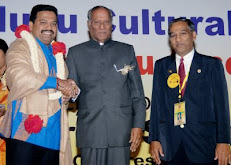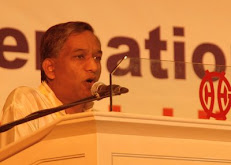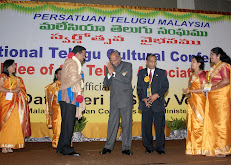Telugu Wikipedia struggles to stay afloat
For a language that is spoken by 10 crore people, content is sparse
Sujatha, a Chennai-based homemaker, has set for herself the task of updating the Telugu Wikipedia with details of all the districts in Andhra Pradesh.
“I asked others but no one joined me in adding ‘edits’. They said they were too busy,” she says.
For a language that is spoken by 10 crore people, including a tech-savvy population, content in the 11-year-old Telugu Wikipedia is sparse and growing slowly with 20,000 articles added in the last one decade.
T. Vishnu Vardhan, Programme Director, Access to Knowledge Programme of Bangalore-based Centre for Internet and Society (CIS), said Telugu Wikipedia was lagging behind its other Indian-language counterparts despite there being no other content repository in Telugu.
The reason is not lack of writers in the language. There are 1,000 to 2,000 active Telugu bloggers writing on topics ranging from poetry to politics. In fact, the Telugu Wikipedia was started by such bloggers.
But they are reluctant to contribute to the Telugu Wikipedia and prefer blogging because they can see their names after adding the content. Rahimanuddin Shaik, Programme Officer and system operator for Telugu Wikipedia at CIS, said, “You could call it the ‘identity crisis’ of Telugu Wikipedia writers.”
In 2006-07, an attempt was made to induce content in the Telugu Wikipedia by injecting 30,000 ‘articles’ by a bot, a Python-based script. They were one-liners about villages in Andhra Pradesh, introduced with the expectation that people would add more content. That effort did trigger 5,000 articles.
Later, in 2013, the Telugu Wikipedia became more collaborative and Hyderabad University associated itself with it by hosting Telugu Wikipedia events on its Golden Threshold campus.
One thought is that school students can help the Telugu Wikipedia grow. Mr. Vishnu Vardhan said that even if students simply added their school lessons, content could expand on the Wikipedia.






.jpg)
.jpg)
.jpg)
.jpg)
.jpg)

